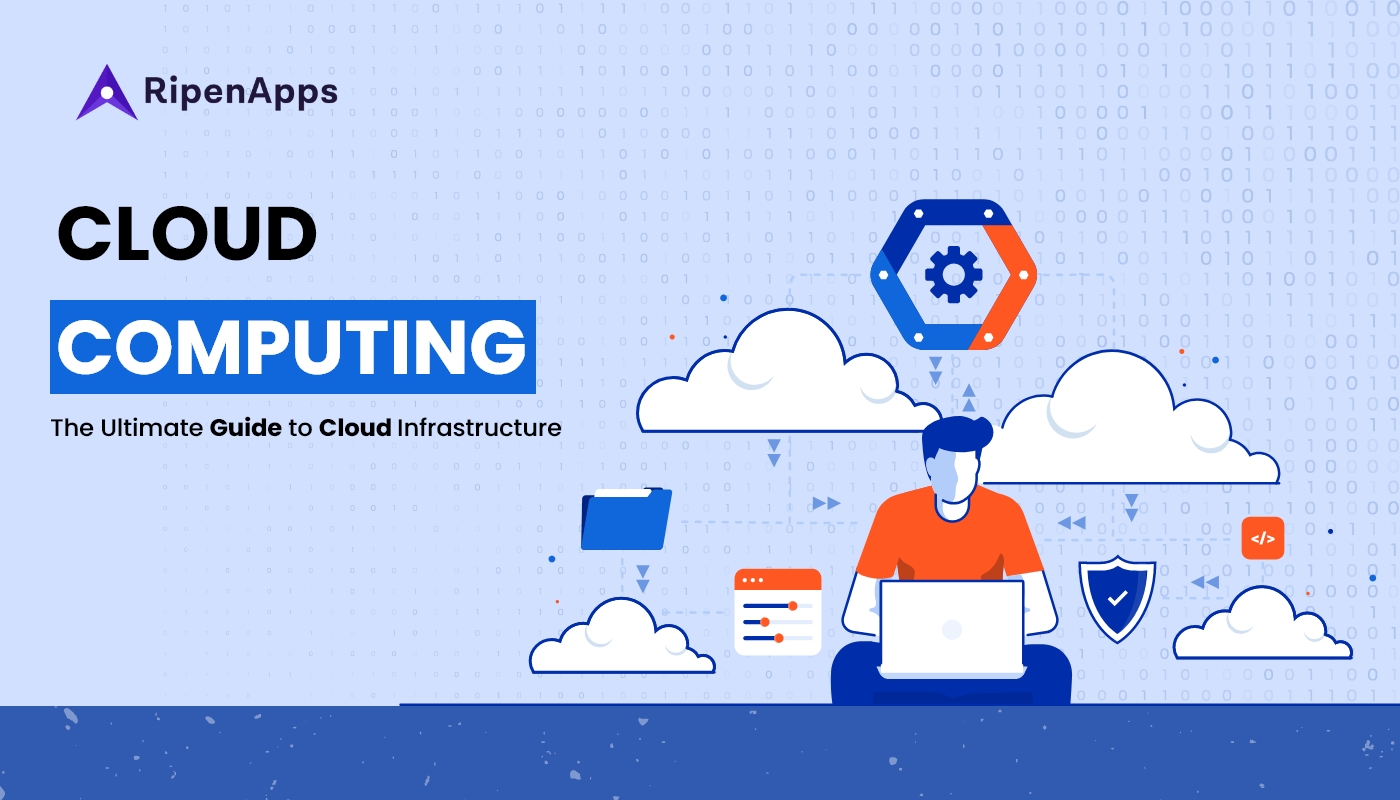Effects of cloud computing on mobile apps
Cloud computing for mobile apps packs some major factors in growth for the business. Here are the effects of cloud computing for entrepreneurs building businesses through mobile apps
Cost Cutting for businesses
With a general overview, you might think that a cloud computing infrastructure will cost you more. But in the long run, it actually cuts costs for businesses and it will be one of the benefits of cloud computing infrastructure. Once your organization shifts to the cloud, your users or the people working in it will gain the benefit of on-demand easy access to data. It will save time and, indirectly, money in the long run.
According to a survey of 102 mobile app developing firms
by Clutch.io, post-launch maintenance can cost over $25,000 for some apps.
Flawless database integration
When data resides on the cloud, it can be fetched from anywhere at any point in time. All the information in the database is transferred to the users demanding it. The data automatically syncs to the cloud when connected to the internet, so whatever you do with the data, it is safe and secure over the cloud.
Support for multiple platforms
Cloud computing does not require specific hardware or software. Unlike the physical tools used by organizations that only works on demanding operating system or hardware, cloud tools work in a browser. And every operating system has its browser, whether it is android or iOS.
A modern environment for organizations
Organizations have concerned about losing data. Since cloud computing is a modern technology, implementing such great technology in the organization's culture delivers a modern working environment. Or when a business uses cloud computing for its mobile app, they deliver an optimum and modern user experience.
High scalability
When standalone applications are designed, they demand specific resources. At the same time, cloud computing demands an internet connection to work. When the apps demand specific resources to run, the custom base reduces since it is possible that some of the users might not have the required hardware and software. Whereas when shifted to cloud computing, a business can target a wide audience and achieve a high level of scalability.
Efficient in loading and processing data
Native applications consume time. Until and unless they make all the checks on the required resources, they won't run. Whereas with cloud computing, the apps run as soon as they get an internet connection. Being efficient with time, cloud-based mobile apps deliver a smooth experience to users.
Security of data
With the traditional computing approach, there is a risk of data being lost or prone to malware and errors. Whereas cloud computing provides security of the data to the users, and all the information stored on the cloud is the responsibility of the cloud service provider.
Wrapping up
Cloud computing will play a major role in the near
future. Businesses will definitely leverage the power of cloud computing with
the benefits like scalability, compatibility, and cost reduction. However,
technology is still evolving and has a very high dependency on the internet.
Even if users have powerful hardware and software resources, the lack of
internet will affect the user experience of a cloud-based mobile app. So, for
now, we advise you to take advantage of hybrid mobile app
development, where you keep the instances
of cloud computing but also use the power of native mobile apps.

Comments
Post a Comment